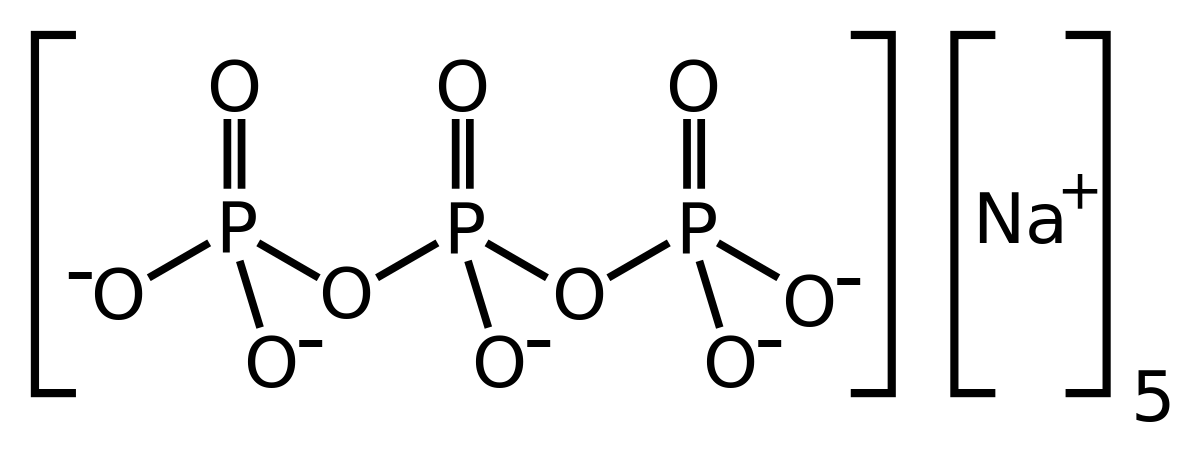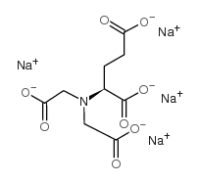
STPP (Sodium Tripolyphospate)
What is STPP?
Sodium Tripolyphosphate, commonly abbreviated as STPP, is a versatile chemical compound that plays a pivotal role in various industries. It is an inorganic salt comprised of sodium cations and the polyphosphate anion. This white, crystalline powder is highly soluble in water and is well-known for its multifaceted applications across different sectors. STPP is produced through a chemical process and is a valuable ingredient in many consumer and industrial products.
Applications of STPP
- Detergents: STPP is a key ingredient in many laundry detergents and dishwasher detergents. It acts as a water softener, preventing the precipitation of mineral deposits and improving the cleaning efficiency of detergents.
- Food Industry: In the food industry, STPP is used as a food additive with multiple functions. It serves as a preservative, emulsifier, and texture enhancer in various processed foods such as seafood, meats, and canned soups.
- Water Treatment: STPP is employed in water treatment processes to control scale formation and inhibit the growth of algae and bacteria in industrial water systems.
- Textile Industry: In textile manufacturing, it is used as a leveling agent and sequestering agent to improve the quality and consistency of dyed fabrics.
- Paints and Pigments: STPP is used in the production of paints, coatings, and pigments as a dispersing agent to ensure the even distribution of pigments and improve paint quality.
- Metallurgy: In metallurgy, STPP is utilized as a flux to remove impurities during the smelting of metals.
- Oil Drilling: The oil and gas industry uses STPP as a deflocculant in drilling muds to prevent clumping and improve drilling efficiency.
STPP: Benefits
The utility of Sodium Tripolyphosphate can be attributed to several key advantages:
- Water Softening: Its ability to sequester calcium and magnesium ions makes it effective for water softening, which is essential for improving the performance of detergents and preventing scale buildup.
- Preservation: STPP extends the shelf life of processed foods by preventing spoilage and maintaining their texture and appearance.
- Improved Cleaning: In detergents, it enhances cleaning efficiency by preventing the redeposition of dirt and soil onto surfaces during the washing process.
- Emulsification: STPP assists in the emulsification of fats and oils in food products, contributing to their texture and mouthfeel.
- Corrosion Inhibition: In water treatment, it helps protect metal surfaces from corrosion by controlling the formation of scale and deposits.
How STPP is Made
The production of Sodium Tripolyphosphate involves a series of chemical reactions. It begins with the reaction of sodium carbonate with phosphoric acid to produce sodium dihydrogen phosphate. This intermediate compound is then further reacted with sodium carbonate to form STPP. The process is carefully controlled to ensure the purity and quality of the final product.
In conclusion, Sodium Tripolyphosphate (STPP) is a versatile chemical compound with a wide range of applications in industries such as detergents, food, water treatment, textiles, and more. Its ability to soften water, preserve foods, and improve the performance of various products makes it a valuable ingredient in modern manufacturing processes. Understanding its benefits and production process underscores its significance in ensuring cleaner, more efficient, and longer-lasting products across various sectors.
Where can I buy STPP (Sodium Tripolyphospate) in Europe ?
Contact us for STPP (Sodium Tripolyphospate) availability and prices



